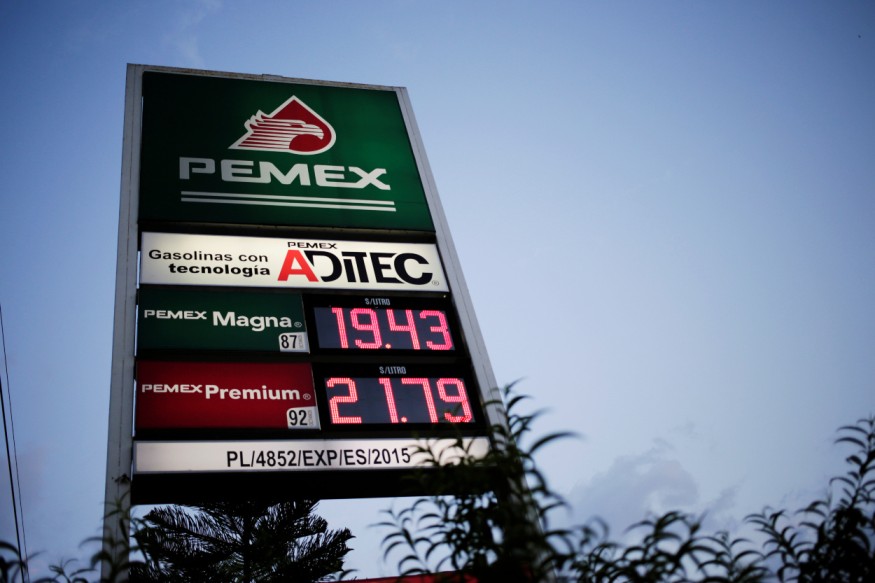Mexico's Oil Regulator Says Pemex Joint Ventures Possible In Coming Months

Mexico's new oil regulator said state-owned petroleum company Petroleos Mexicanos (PEMEX) could possibly seek for joint venture partnerships soon.
The statement came despite Mexican President Andres Manuel Lopez Obrador's decision to stop "farming out" in the first year of his presidential term.
Rogelio Hernandez, president of the National Hydrocarbons Commission, believes the partnership is coming soon.
The 37-year-old official, who began his seven-year term in November of the previous year, clarified Pemex would ultimately make the decisions.
Reviving farm-outs and signing joint ventures would contrast to the policies Lopez Obrador and his administration have so far pursued. Since taking over the office, the Mexican president has walked back on the previous government's plans. This includes opening the oil industry to private producers. He also canceled several planned Pemex tie-ups in 2019.
Hernandez suggested the farm-outs could be taken up in the coming months. This is primarily due to the numerous projects the petroleum company has not been able to develop alone.
Hernandez, who is known for working for Lopez Obrador's election campaign, estimated 100 of Pemex's portfolio of assigned projects---out of more than 350--- is likely to be chosen as candidates as they have yet to begin production. Pemex projects that do not meet the minimum work commitments will be returned to the state.
Such partnerships are widespread in the industry. Joint ventures allow companies to share the risk. They will also be able to share costs and potential rewards for new discoveries.
Pemex currently has three such tie-ups operating, all of which were authorized by the previous government. Former President Enrique Pena Nieto ended Pemex's monopoly in 2013, giving way to the first-ever oilfield auctions.
Reviving Mexico's Oil Industry
Lopez Obrador, however, has been very vocal about his criticism of the reform. He has instead focused his efforts on restoring the petroleum company. He hopes to end the oil company's crude output decline of 15 consecutive years.
The National Hydrocarbons Commission oversees all oil contracts awarded to companies during Nieto's term. It also supervises auctions and Pemex projects assigned by the Mexican government. All permits, exploration, and development plans also have to be approved by the governing body.
Rogelio Hernandez said he puts value in being a fair-minded and technical regulator. He also aims to promote the oil industry's growth. In 2019, he led Pemex's fertilizer unit.
Hernandez emphasized Mexico's commitment to cutting 100,000 barrels per day in May and June will not be coming from Pemex's output alone. Foreign and private investors will not be required to cut.
Should the state-owned oil company decide to shut down an entire field to make the cuts, regulators must be notified. However, if the decision will only reduce output across multiple fields, the company is not obligated to disclose oil regulators.
According to company data, PEMEX's production costs an average of $14 per barrel.
Various other oil companies have begun cutting production as the economic shutdown brought by COVID-19 caused oil prices to hit rock-bottom, severely affecting cash flow.
Hernandez believes the recent cuts are reactions to the coronavirus. "But COVID-19 will pass," he said.
The National Hydrocarbons Commission will begin conducting virtual sessions with oil companies to prevent project delays. Deadlines associated with permits and plan approvals will be extended until April 30.
Subscribe to Latin Post!
Sign up for our free newsletter for the Latest coverage!

















